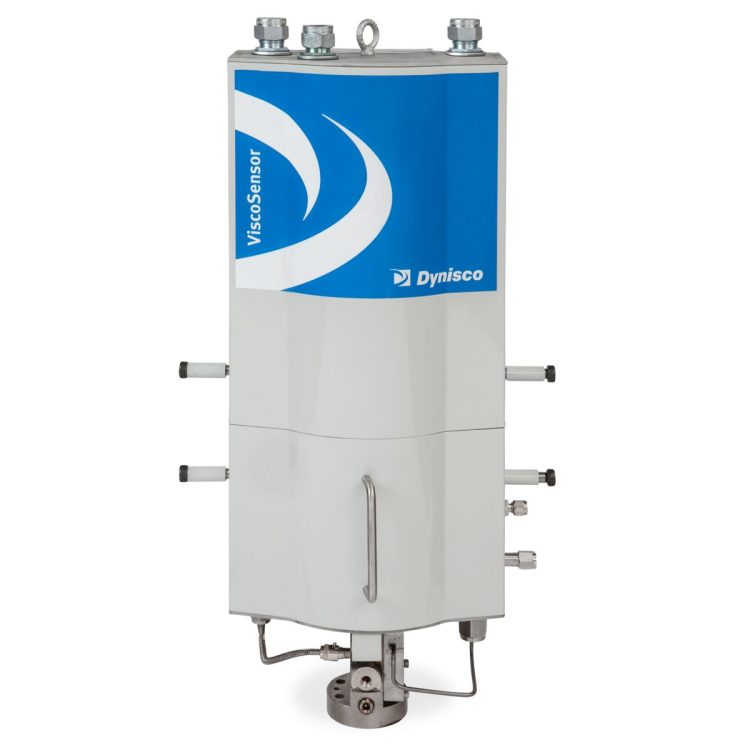Description
Versatile
The new LCR7000 Series Capillary Rheometers offer many new features and will meet the demands of a 24-hour-a-day shop floor operation while maintaining the highest possible level of accuracy, repeatability and sensitivity. The LCR series rheometers are versatile and easy to use yet they offer the most sophisticated materials characterization, data analysis, and reporting capabilities. The LCR series can be used with a standard load cell and a barrel mounted pressure transducer.
Sophisticated Software
LAB KARS (“Kayeness Advanced Rheology Software”) is the most powerful and easy to use rheological Windows™-based software package available. Just a few of its easily useable features include: Bagley and Rabinowitsch Corrections plus power law, Carreau, Modified Cross and polynomial viscosity models. With this software users can merge multiple data files from shear stress, shear rate, or thermal stability tests. The resident KARS SQC module can be used to quickly identify viscosity variations in different lots of material. A program for the correlation of melt viscosity to intrinsic viscosity, for PET and Nylon, is also included.
Real-Time Display
In addition to all of its other powerful features LAB KARS for Windows™ provides a real time display of force or pressure versus time as a test progresses. This feature allows the operator to identify the steady state flow condition for the material. In addition, the presence of contamination, unmelted resin, or bubbles in the material may be identified from spikes in the force versus time curve.
Features and Benefits
- All digital calibration
- Increased speed and force range
- Advanced electronics and software enable up to 45 shear stress or shear rate data points per test
- Unique algorithms for polymer melt stability
- Bi-directional communications enable test parameters to be downloaded from the PC
- Multiple barrel heating zones and adaptive PID temperature control algorithm provide precise and uniform heat up to 430°C (500°C optional for Model 7000 and 7001 only)
- Precision servo-drive motor and transducers enable tight control of stress and rate mode tests
- Tungsten carbide dies and a hardened and honed tool steel barrel ensure long years of service
- LAB KARS, advanced rheology software



